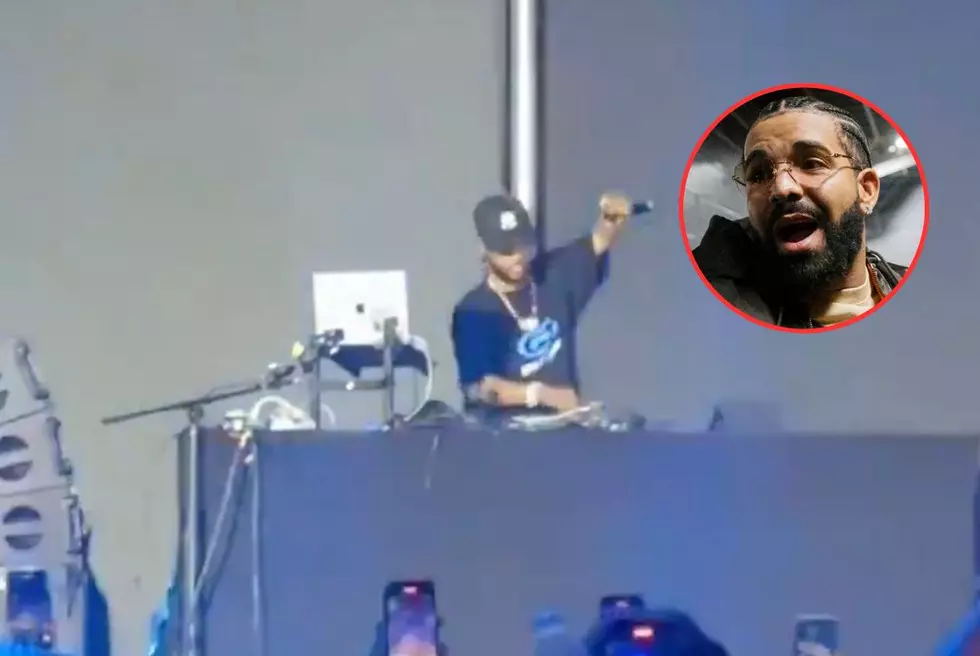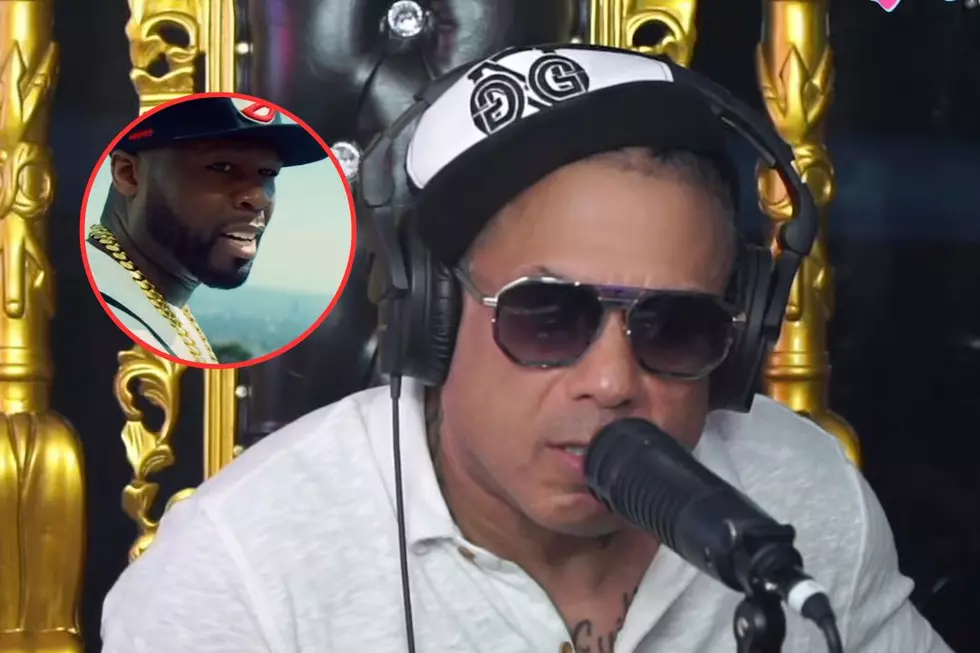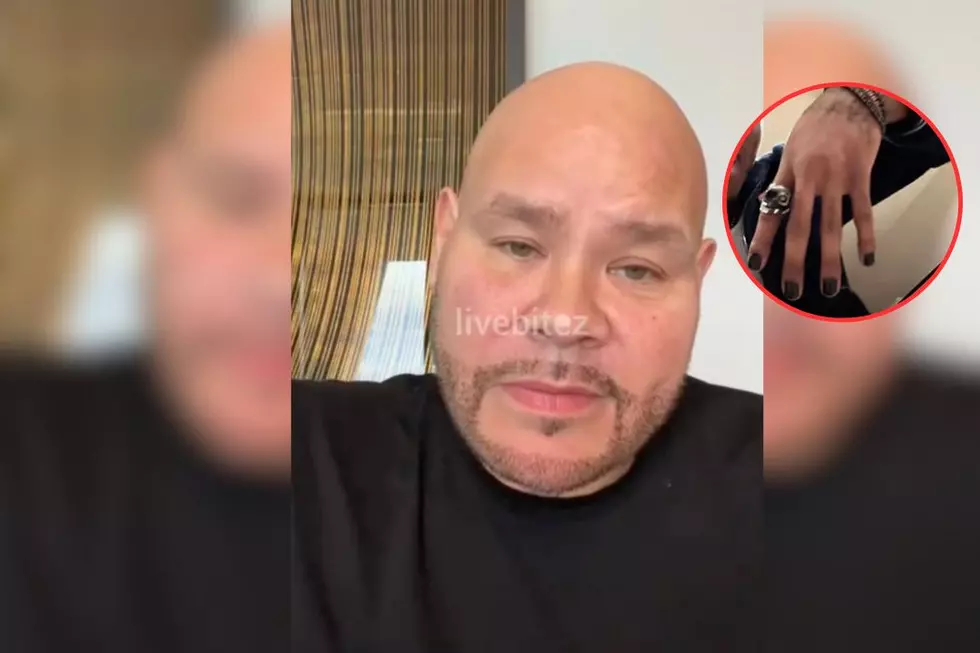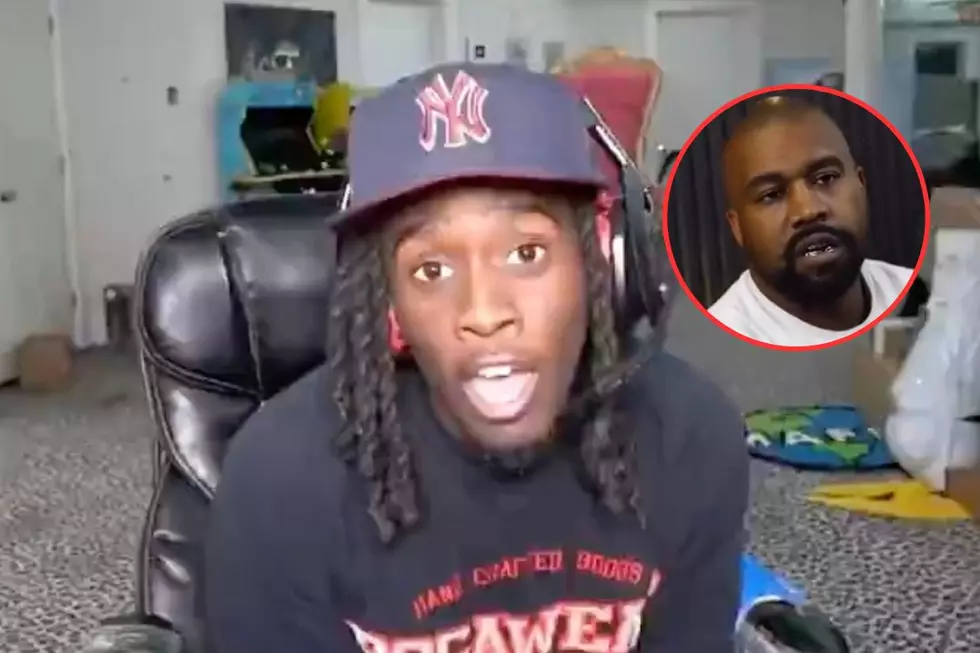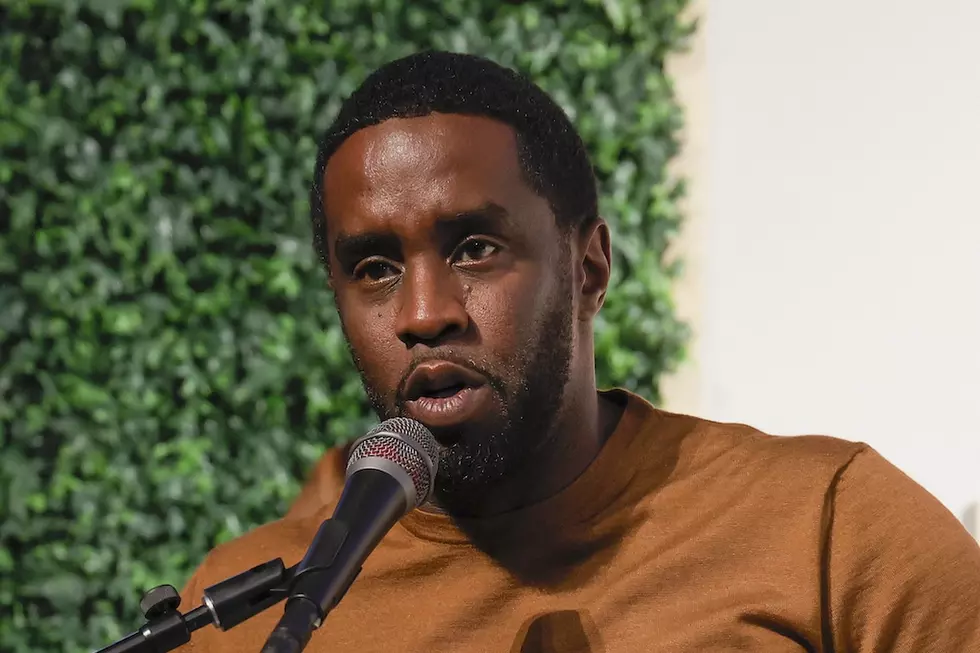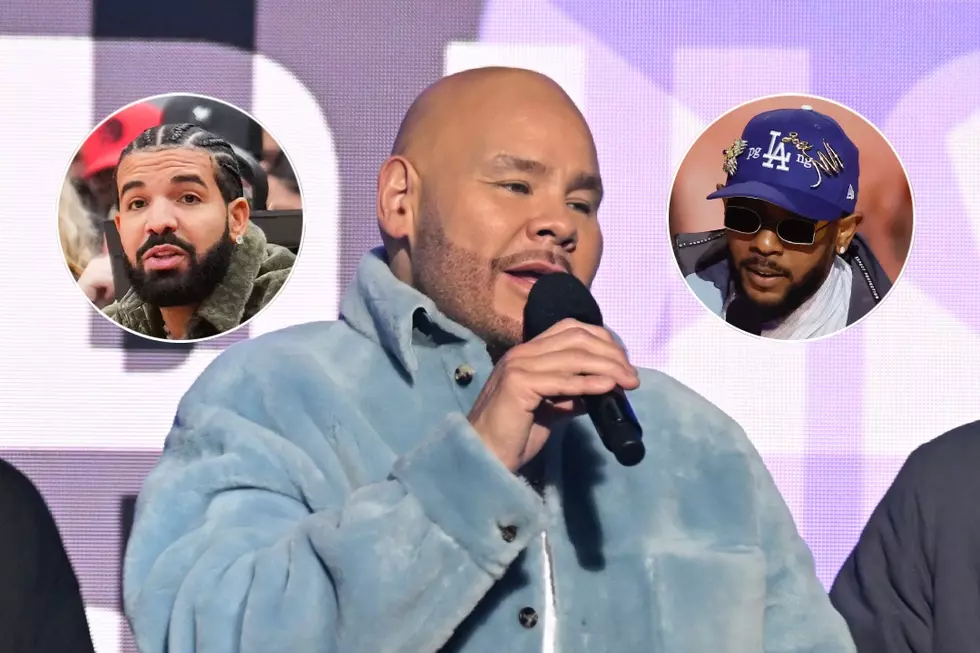Rakim
That’s Me (Part II)
 Maybe it was too good to be true, but a collaborative album between Rakim and Dr. Dre—Oh My God—was worth finding out. Aside from his appearance on Truth Hurts’ smash R&B hit “Addictive,” Ra’s stint on Aftermath seemed doomed after years went by with no album to show for it. So when the inevitable split with Aftermath came in 2003, things looked grim for Ra. But his future looks bright since getting his C.E.O. on, founding his new label Ra Records (Click HERE for Part I of the interview if you missed it yesterday). With his new album, The Seventh Seal, on the way, Rakim Allah finally tells the truth about why he couldn’t work with Dr. Dre.
Maybe it was too good to be true, but a collaborative album between Rakim and Dr. Dre—Oh My God—was worth finding out. Aside from his appearance on Truth Hurts’ smash R&B hit “Addictive,” Ra’s stint on Aftermath seemed doomed after years went by with no album to show for it. So when the inevitable split with Aftermath came in 2003, things looked grim for Ra. But his future looks bright since getting his C.E.O. on, founding his new label Ra Records (Click HERE for Part I of the interview if you missed it yesterday). With his new album, The Seventh Seal, on the way, Rakim Allah finally tells the truth about why he couldn’t work with Dr. Dre.
Back when you were leaving Aftermath, you said in some interviews that Dre wanted to go in one direction and you wanted to go in another. What exactly did you mean by that?
The artist that I am is the artist I want to remain. My integrity and my pride for my craft, hip-hop and the hood is something that I don’t want to play with. Dre, I respect him. He’s a smart cat, man. He knows what’s in the mainstream. But at the same time, picking the guns back up and talking about a lot of the dirt that I’ve been around and seen, I don’t think that’s a smart move for me right now. I respect the people that I been around. I respect the neighborhood too much. I don’t want to play myself short with that. The things that I’ve seen and the people that I’ve been around is real people. I respect them, and I’m not going to do nothing to put them out there.
So, do you feel like there was a sort of pressure for you to talk about more street stuff when you were on Aftermath?
Yeah, because basically that’s what Dre wanted to me to do. That was Dre’s direction. My direction is the direction that I’ve been going in for the last few years.
Was there ever a time Dre sat down and said, “You should rap about this sort of thing”?
In a nutshell, no doubt. Dre got his people around him that would speak to me, or they would ask my manager to ask me. Sitting down in the studio and speaking to Dre, he would most of the time say, “Well, that’s what I want you to talk about, Ra.” Things that go on in the ’hood, things that I’ve been around—that’s what he wanted me to speak on and that was clear. And [from] some of the people at his label, that was they message as well.
So you wouldn’t want to rap about things that go on in the streets?
I do grimy records, but it has to have a purpose. One of the grimiest records I did was “Juice,” and that was for a movie. Its purpose was to show you the difference between what you think juice is and what happens if you take the wrong road. If I feel there’s a justification for it, like the Truth Hurts song that I did—that record right there was a little controversial for me because of the content that I spoke on. A lot of people used to think I sold drugs, but I never did. But it’s to the point now where everybody know I don’t sell drugs. But on the record, [“Addictive”] was speaking on how she love her man regardless of what he do or what his job is. Regardless of where he at, he turn her pages. I like the song, I like Truth Hurts as an artist, so I did the song. I felt it was a little controversial, but that’s what the song was calling for. I like to make a point with what I do. I don’t want to keep doing the same thing that I might have done before or keep doing the same thing that everybody else is doing right now. I don’t feel that’s good for Ra, I don’t think the world want that from Ra and I definitely don’t want to hear that from Ra myself.
So when he was trying to get you to go in that direction, where did you see your lyrical content going?
I like the more conscious levels of hip-hop that bring awareness. I’m trying to get out of the stereotype that they put us in. Everybody don’t have to rap about selling drugs, everybody ain’t gotta rap about guns. A lot of people seen it, a lot of people been through it, but [if] you saturate the game with it, it gets to the point where that’s all there is. I’m that other dude; I want to rap about something else, I want to say something else. And at the end of the day, the ’hood is going to embrace it. That’s who I am. But I don’t have to speak on negativity. If I got 15 records on my album, all 15 of them don’t have to be about the ghetto miseries.
Lyrical content aside, were there other reasons working with Dre was difficult for you? Did you have different methods of working?
Nah, I can work in the morning, work at night—that’s really no problem. It was just the content; I was trying to get on the same page. That’s the main problem. Sometimes I get up in the morning now and work on something. If I feel like the creative energies is flowing, I do it in the morning, if not I wait till eight, nine, 10 at night when it get a little quieter. The time and the situations, that’s nothin’. I’m flexible with that.
People say that Dre is kind of a control freak when it comes to his music. Is that something you experienced?
Dre has been doing what he’s been doing for a while and he feels that that formula is it. When something’s not broke, you don’t fix it, and that’s his formula. The only thing is, he gotta look at the artist sometimes. I came from my own beginnings as far as hip-hop. I didn’t want him to feel that I was going to do 15 records about peace and shit. But, at the same time, I just wanted him to respect who I was because I respected who he was. I like rhyming on more New York–oriented music, but I told Dre, “Look dude, I know what you do. I love what you do. The world love what you do. So I have to get on some of them West Coast tracks.” Of course he’s going to put a little Ra swing on it, but that’s what Dre do. That’s what we love him for. I was ready to make the change and meet him halfway and I just wanted him to meet me a little more halfway as far as who I was and what I wanted to do.
At this point in your career, you don’t really have to prove anything to anyone. Realistically, what kind of commercial expectations do you have for this next album?
I want to kind of finish what I started. It got to the point where it’s eating me up. But as far as commercial [expectations], I’m not really reaching for nothin’. I think the world know what I do. They not expecting me to be extra radio-friendly as far as the sound of my music. I wanna do good music. I know the producers I’m gettin’ at is gonna give me that big music, and I’ma do what the track calls for. That’s the main thing that me and Eric B used to do when we did our album; we didn’t sit down and try to make a single. We did 12, 13, 14 records on an album and after we finished the 14, we sat down and picked a single. But I think nowadays, people try to reach for a single or try to make a single. I just like to let it flow, man. I like the beat to tell me what to do and I take it from there. When I walk down the street for a young kid to say, Oh, that’s one of the greatest ever right there. That’s enough for me. I don’t have to reach.
More From XXL
